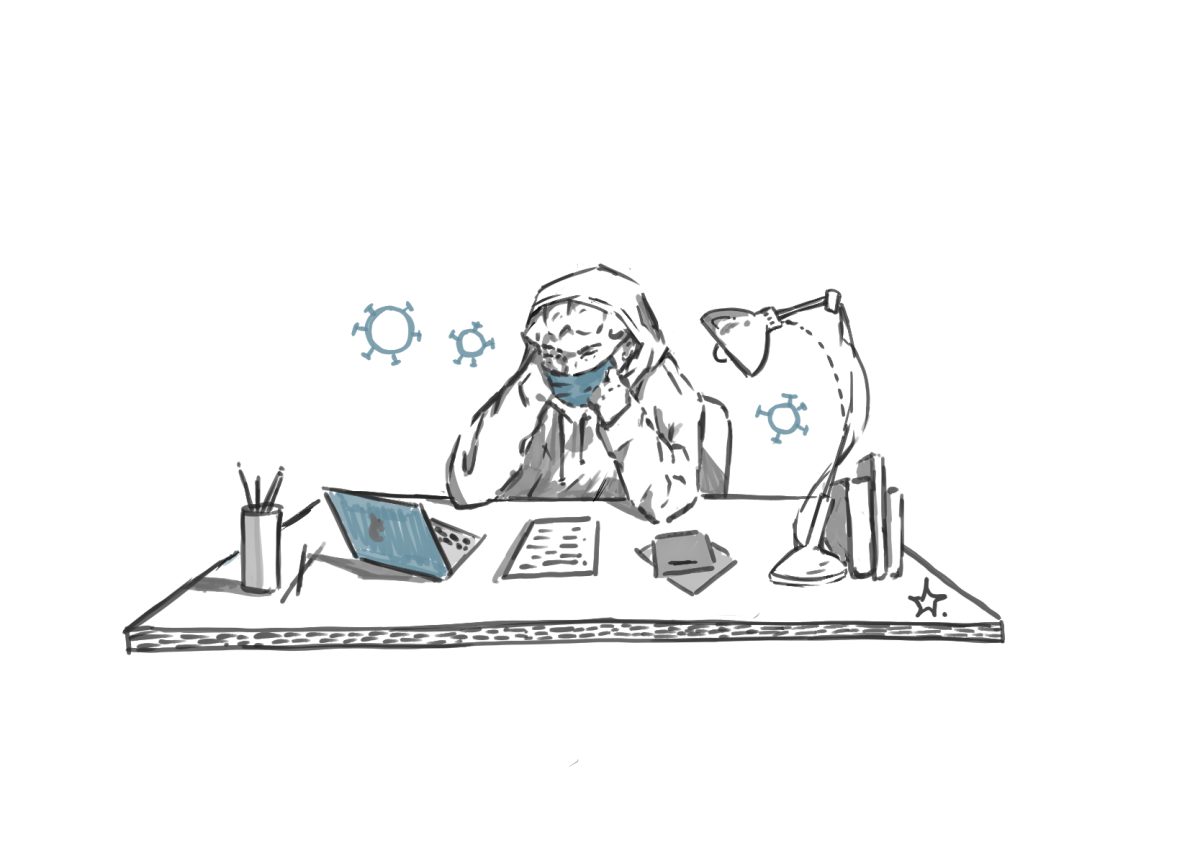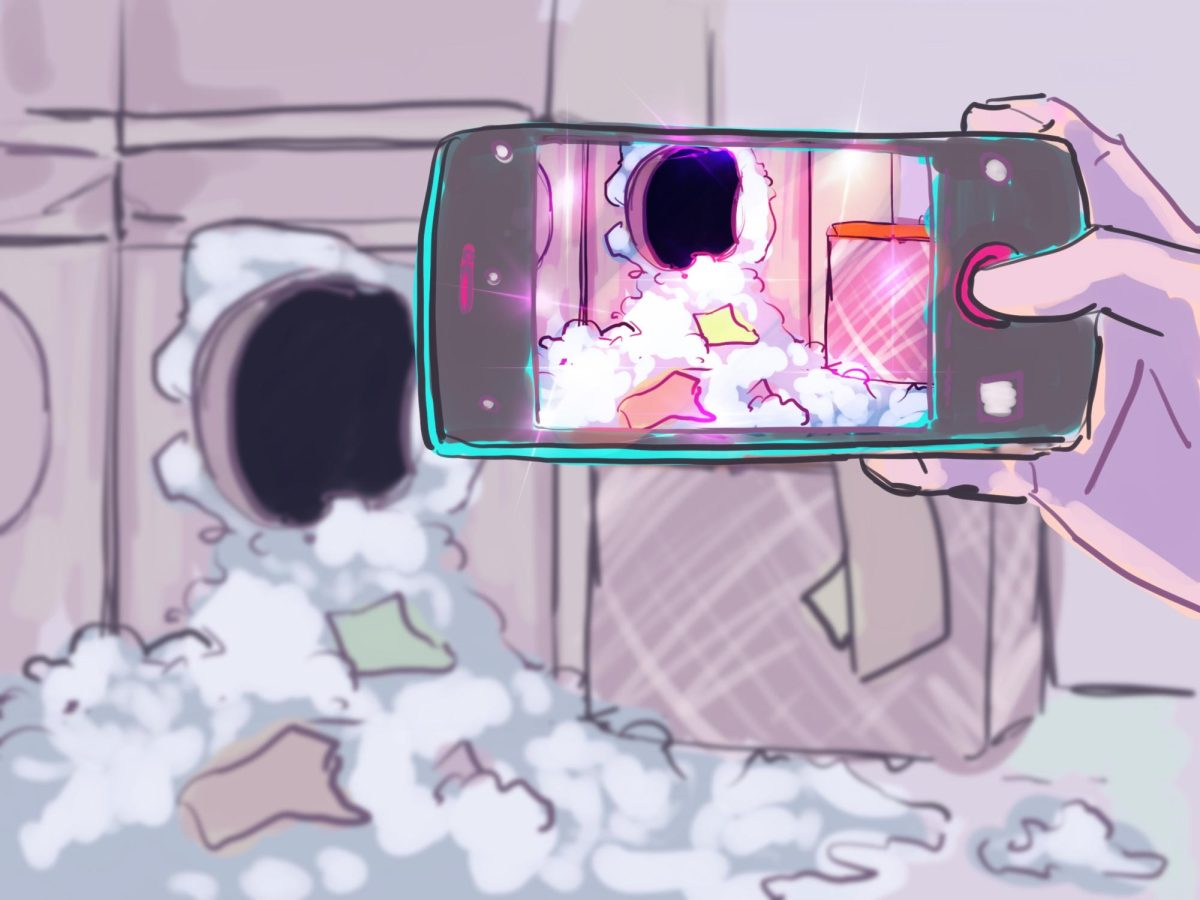It’s not difficult for most of us to recall when the Covid-19 pandemic forced us to drop everything and isolate ourselves for almost two years. Restaurants closed, weddings were canceled, performances were postponed, and schools shut down. It was depressing.
I still remember the exact moment my dad got a call from the school, telling us that our Spring break was starting early. Those blissful two weeks turned into two agonizing years, six months of which left us completely locked down in our homes with nothing but our computers, books, and immediate family members.
I’m aware that stories on Covid may, by now, feel monotonous and repetitive. For many of us, the words “lockdown” or “quarantine” throw us back to a time when our daily screen time exceeded eight hours and our middle school careers ended just about as anticlimactically as Matrix: Revolutions.
But these conversations are important, and as we return to normal, scientists and doctors have been exploring the effects of our time in isolation. This discussion has largely revolved around mental health issues, but there’s another concerning trend that’s going less noticed — we need to talk about the maturity and overall development of children and teens.
The pandemic disproportionately affected children and adolescents, who spent a sizable chunk of their lives in isolation. Six year-olds, for example, spent one-third of their lives in some kind of social isolation, while adults spent a much smaller fraction in a similar situation. That’s made a huge impact on childhood development, as the brain is easily influenced in its early years. One way the pandemic has slumped development is by removing milestones. We normally look forward to significant events — like graduations, proms, championships, and sporting events — to categorize “eras” of our life. But because of the pandemic, these milestones are coming two years late.
My lockdown started before 8th grade graduation. Now, as an 11th grader, I just went to my first ever highschool football game. Why does this matter? Our developmental expectations have finally been met, but two years late.
I talked to my dad, Dr. Jason Perkel, who is a pediatrician, about these setbacks. “When kids have to interact with a [computer] that takes away the human element to everything they do for two years, it stunts their social development,” he said. “For younger teens, skills like speaking in front of adults, talking to friends, [understanding] body language … all haven’t been cultivated.” The pandemic also trained adolescents to view other humans — even their friends and classmates — as health threats. Suddenly, we have a generation of people who view interpersonal relationships as harmful. That’s damaging because we rely on our friends and loved ones to stay happy and motivated.
Dr. Perkel notes that those in social isolation face cognitive impairment, increased risk of cardiovascular disease, and reduced immunity to diseases. Social interactions are very stimulating for the brain, and without them, the brain has a hard time repairing cells and getting rid of proteins that build up and cause problems.
Social isolation also amplified our feelings of exhaustion and overload. Ever wonder why you heard the word “burnout” for the first time back in 2020 and now it’s everywhere? I shamelessly use the word every third sentence. Burnout emerged during a time where we were all isolated. So, while workload plays a large role in whether or not one feels burnout, it also comes from not being able to do work with others. Being alone makes humans sad. Our brains are wired for social interaction; they need to be in society and relationships with others to stay healthy and develop normally. The habits we develop in adolescence stick with us for our entire lives and are hard to break. As a generation, we have to work on finding ways to return to healthy social, school, and work lives.
Understanding the impacts of isolation on children and adolescents is uniquely important if we want to.





